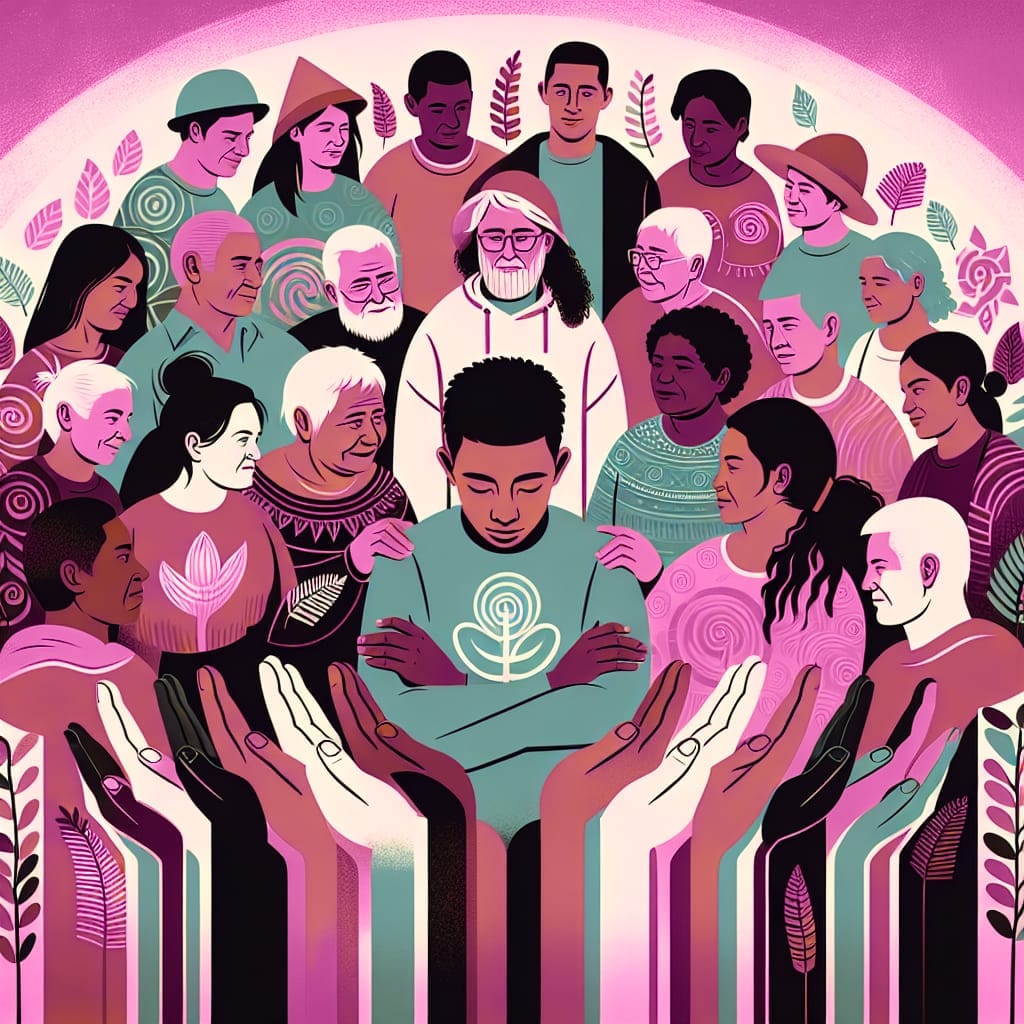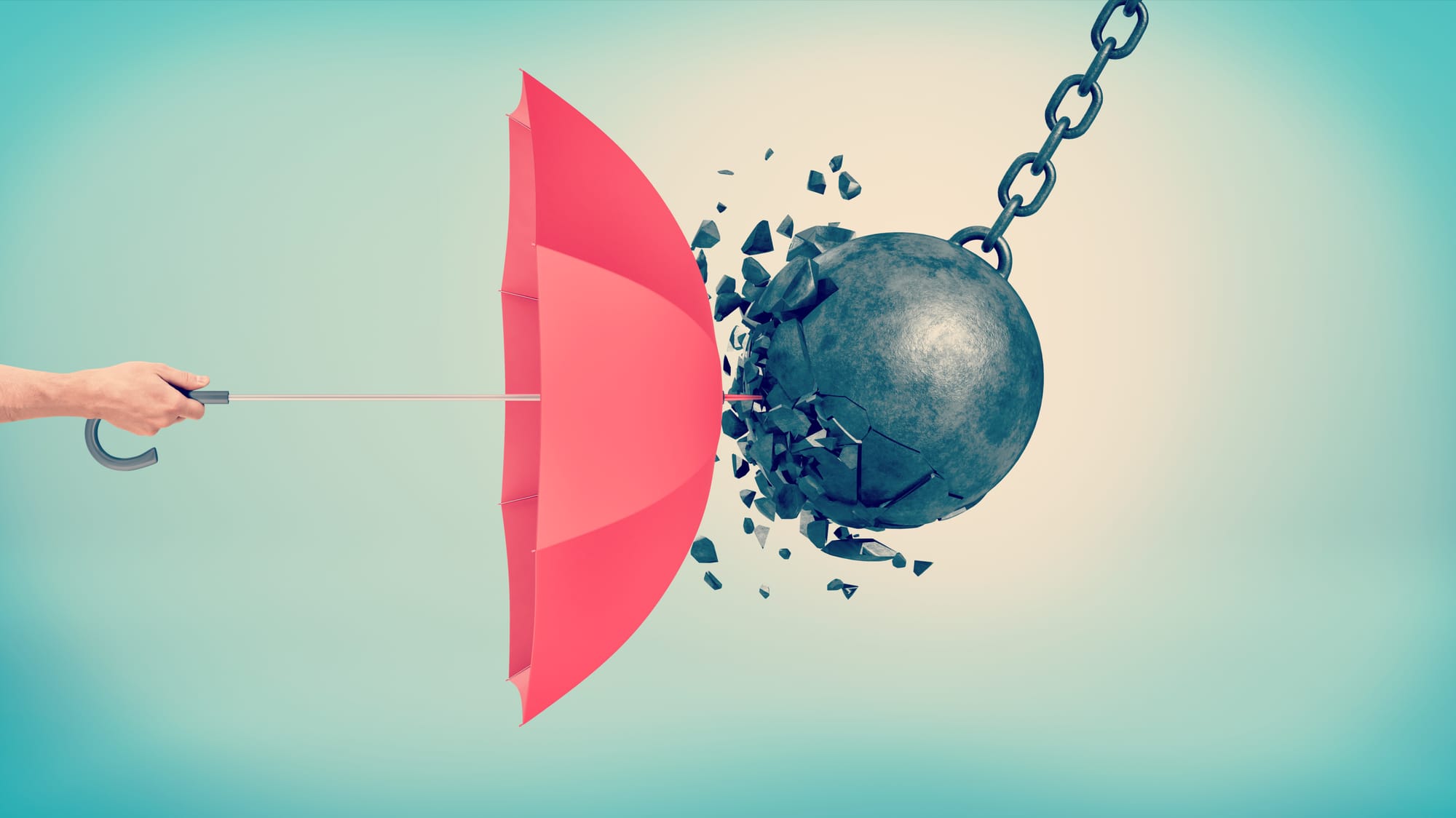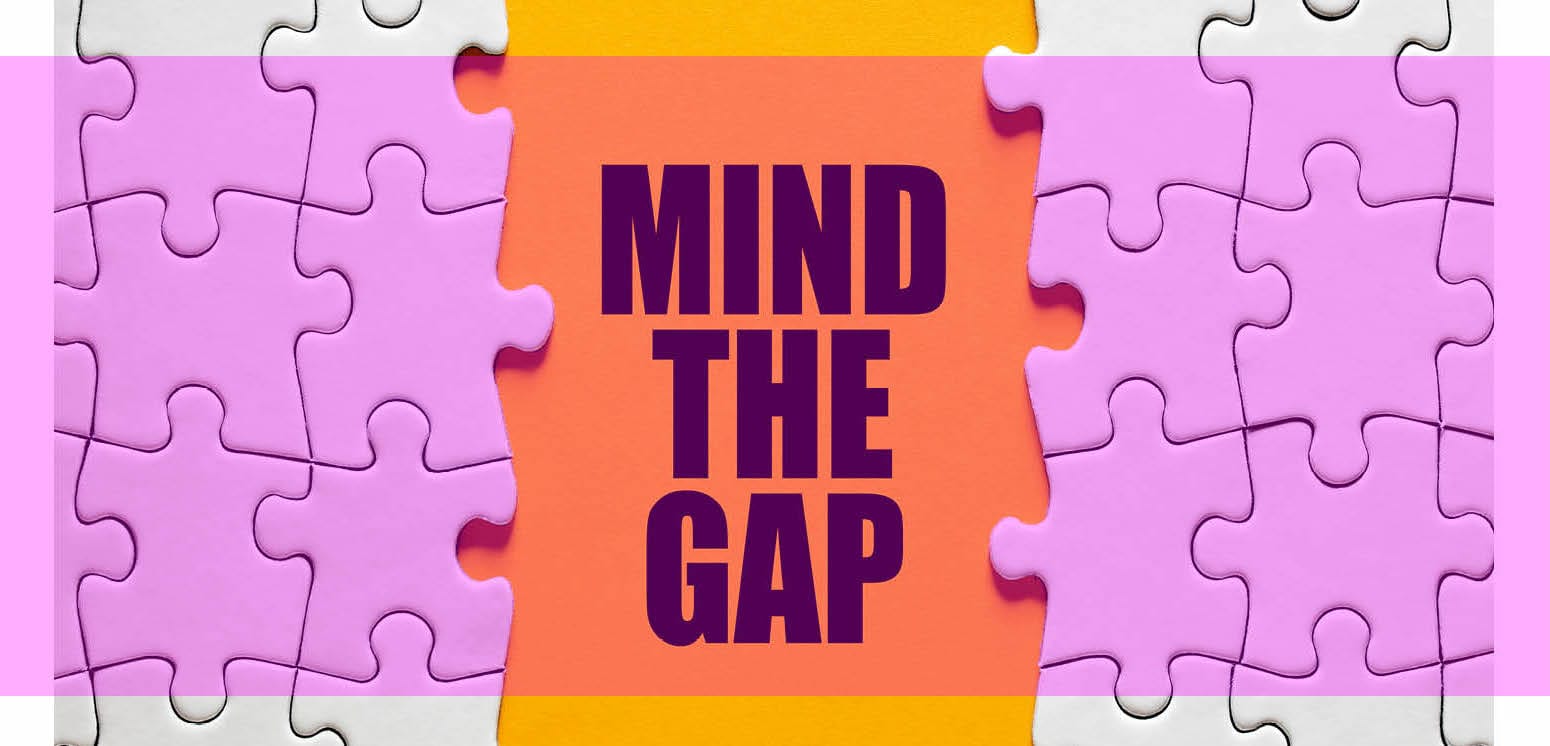
Time to Value Whānau
In her 35 years in the mental health and addiction sector, Leigh Murray, a Family and Whānau Lead at Te Whatu Ora, has seen firsthand the positive power that whānau support can bring. Driven by her own professional experiences and her role as a whānau member to those experiencing mental distress, Leigh considers it is a privilege to stand alongside someone going through challenging times. The importance of whānau and personal relationships in recovery from mental health and addiction problems is generally accepted. Yet, she argues that the current mental health and addictions landscape in Aotearoa New Zealand still tends to be individualistic in its approach.
Leigh agrees that respecting the mana and self-determination of tangata whai ora is essential. However she also sees it is important to respect the mana and place of whānau and friends as they walk alongside tangata whai ora. Whānau are often the first to notice mental unwellness and can play a significant role in encouraging tangata whai ora to access support and make positive choices. Many find strength and comfort in the support of whānau and friends during difficult times —a notion echoed in the Māori whakataukī: “Ki te kotahi te kākaho ka whati, ki te kāpuia, e kore e whati” — When a reed stands alone it can easily break, but when bound together it is unbreakable..
Leigh suggests three practical opportunities to better support whānau wellbeing and their involvement in mental health services:
1.Resource Whānau Support and Education : There’s been a lot of talk about the importance of whānau wellbeing, but this hasn’t translated into a matched allocation of resources. . Many tāngata whai ora have indicated they want trusted whānau to be involved in their lives and to better understand them especially at times when their mental health challenges are more difficult. Group psychoeducation programs that provide safe, facilitated spaces for whānau to learn and share experiences have proven their ability to increase whānau understanding and knowledge. When these groups are co-facilitated by trained whānau members they are also able to role-model hope. Leigh herself with other whānau has formed a charity to support the delivery of Family Connections®, a 12-week course providing education, skills training, and support for whānau supporting someone with emotional dysregulation or borderline personality disorder (BPD). This program co-facilitated by staff and trained whānau members equips whānau with the tools they need to better support their loved ones.
2.Invest in training to build staff competence and confidence : Leigh argues for a shift towards a system that genuinely values whānau input. This requires investment in workforce development that empowers staff to actively engage natural supports in care planning for whai ora. An evidence based framework that supports staff to do this in a way that respects the mana of whaiora and whānau is Single Session Family Consultation training. A system that empowers whānau as active partners benefits everyone. The good news is, we are already on the way to having whānau engagement measured as a key performance indicator (KPI) within mental health services.
- Value and Involve Natural Supports :
Research indicates that when we rely solely on professional roles, we weaken links with our natural support networks.. Mutual support— “you are here for me, and I am here for you”—is a strength that cannot be replicated by a paid professional. To see real progress and ‘learn to live within our means’ as a sector, servicescan prioritize, collaborate with and resource natural supports and the community as much as possible.
Leigh is optimistic about the future. She envisions a paid whānau peer workforce similar to models in Australia and greater investment in co-facilitated whānau education groups. Empowering whānau not only helps individuals but also strengthens the entire system by building resilient, connected communities that are better equipped to support mental wellbeing.
Supporting both the voices of tangata whai ora and whānau does not diminish either one; it amplifies both. Leigh’s vision is clear: To see real change in mental health outcomes, it’s time to walk alongside whānau, recognize the leadership they can bring , and give them the resources and respect they deserve.
Read more here:




Citations:
[1] University of New Hampshire Extension. (2022, May). Prolonged social isolation and loneliness are equivalent to smoking 15 cigarettes a day. University of New Hampshire Extension. https://extension.unh.edu/blog/2022/05/prolonged-social-isolation-loneliness-are-equivalent-smoking-15-cigarettes-day






